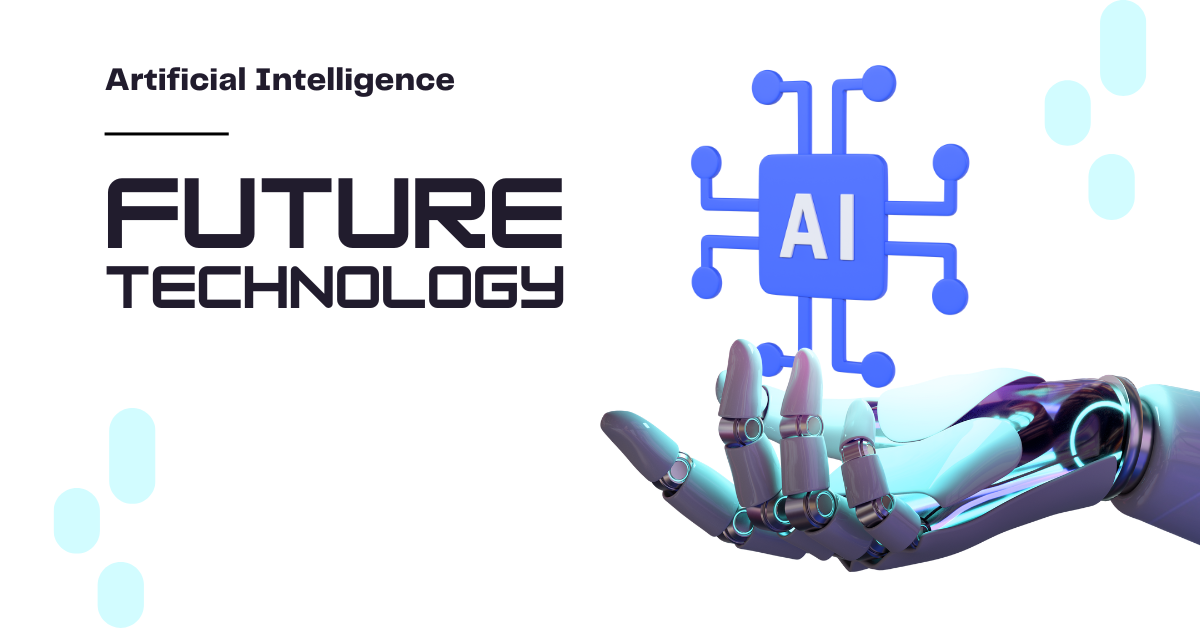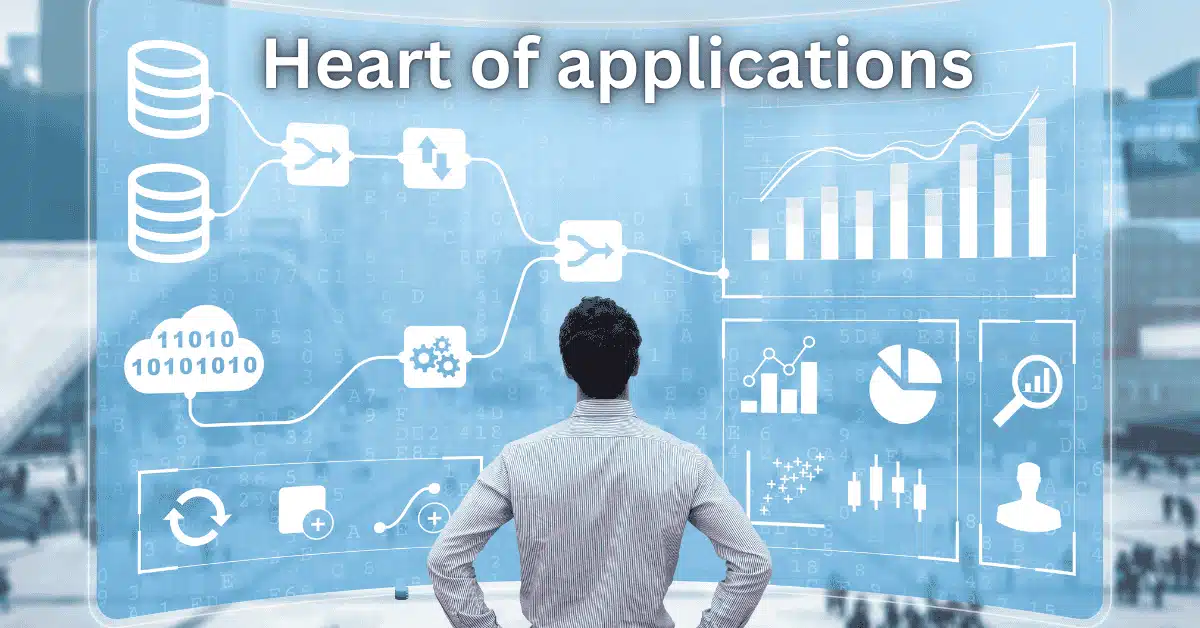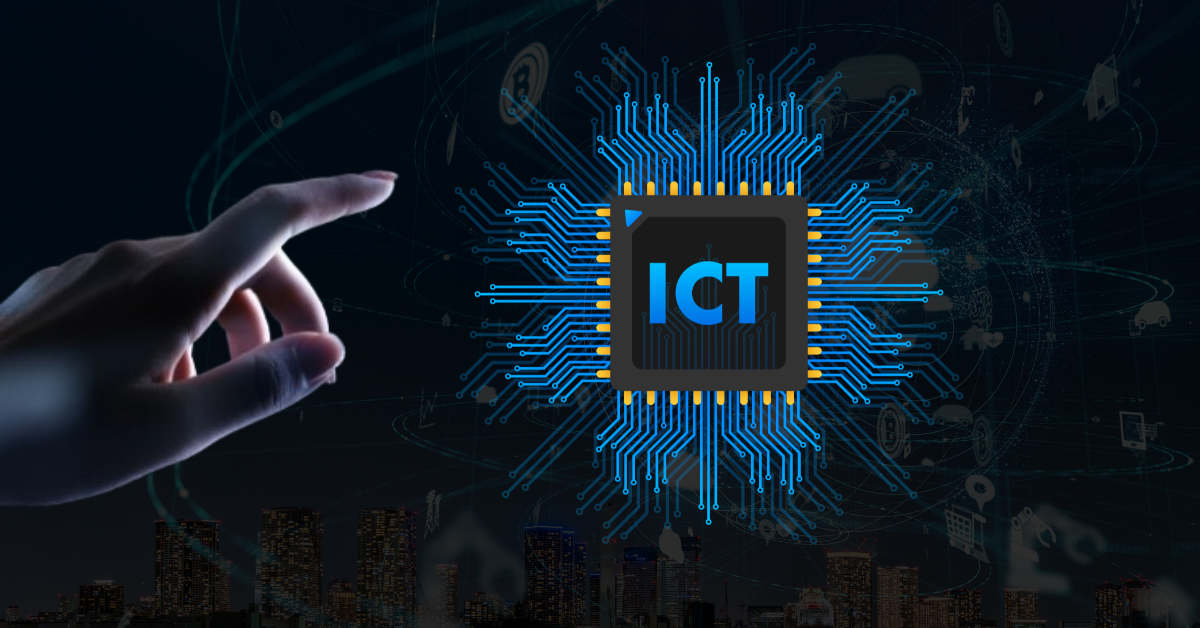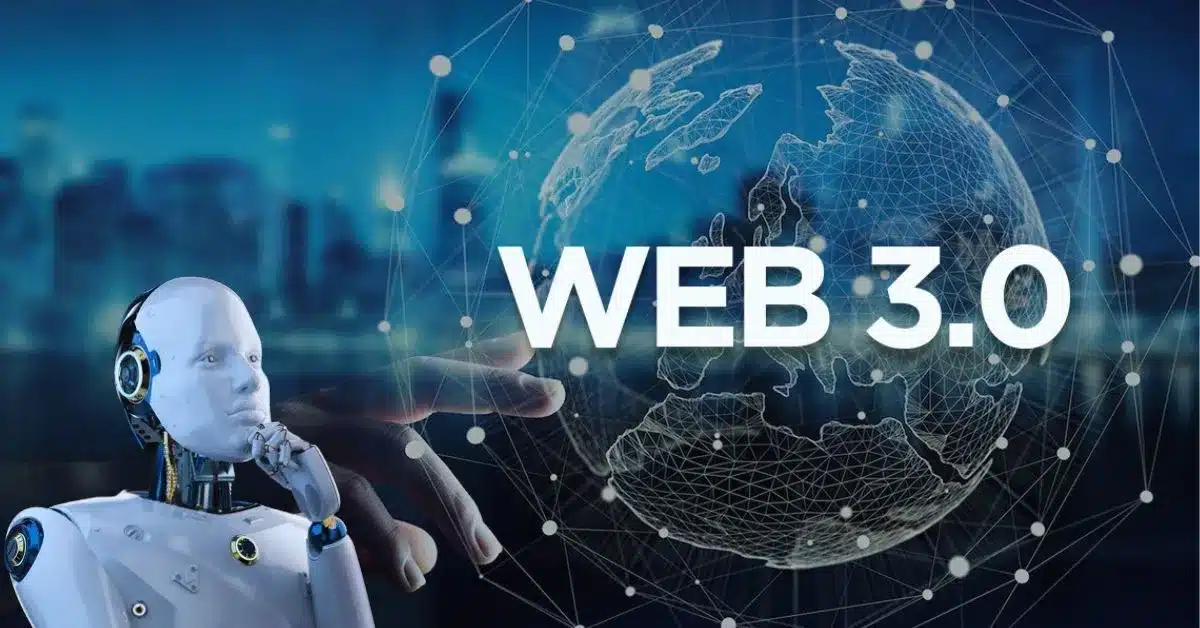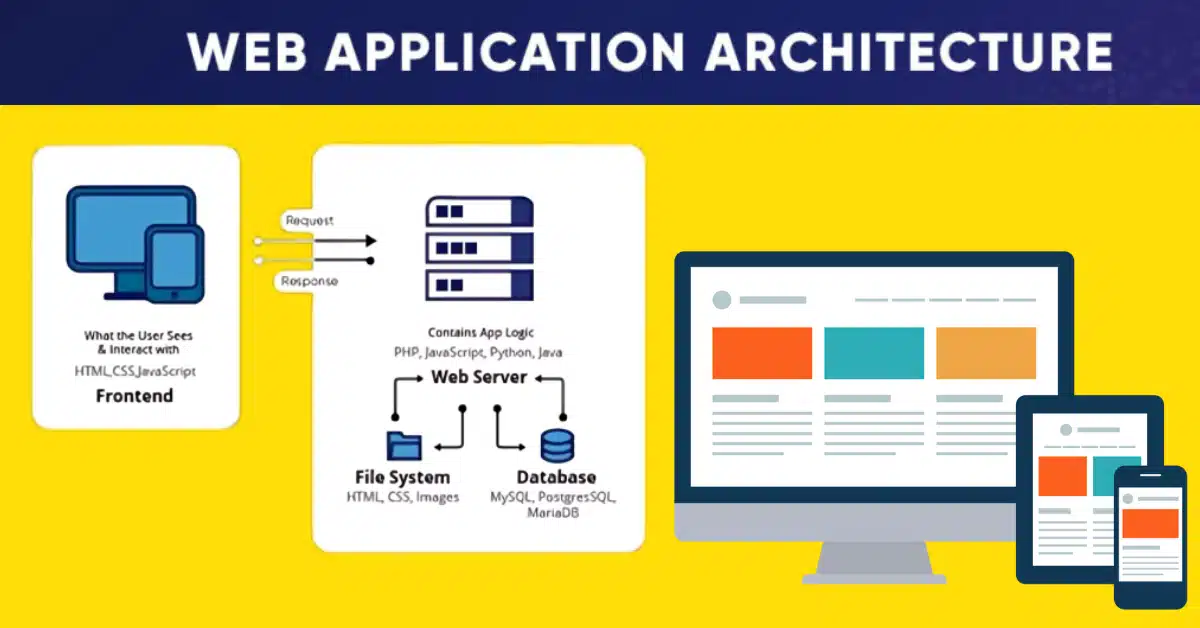Table of Contents
Introduction
The future of AI holds immense potential as it continues to reshape our world today and influence the years ahead. AI is making everyday tasks easier and revolutionizing industries, significantly impacting sectors like healthcare, businesses, and our interaction with technology. This article explores the possibilities AI offers and the challenges it faces in transforming our future.
The Current State of AI
Breakthroughs in machine learning, language interpretation, and computer vision are accelerating AI. These advances allow AI to interpret human speech, analyze massive data sets, and perform tasks that once seemed impossible.
Many aspects of our daily lives include AI. Siri and Alexa use AI to aid us, while Netflix and Amazon propose material based on our preferences. Advanced applications like self-driving cars rely on AI to travel securely.
Google, Microsoft, and OpenAI are leading AI development. Recent developments by companies and academic institutes are making AI more accessible and integrated into many businesses. AI is changing healthcare and entertainment, offering new ways to live and work.
The Role of AI in Different Sectors
1. Healthcare
AI is transforming healthcare, particularly diagnostics and personalized medication. AI-powered systems can scan medical images, diagnose cancer early, and offer biologically targeted treatment strategies. AI can also predict outbreaks, patient outcomes, and chronic illnesses by examining patient data trends.
2. Education
Education is becoming more individualized using AI. Smart learning systems may customize lessons for each student, allowing them to learn at their own speed. AI handles grading and scheduling, freeing up teachers to educate.
3. Finance
Mostly in customer service and fraud prevention, artificial intelligence is transforming finance. AI systems can rapidly identify suspect financial behavior, therefore stopping fraud. AI forecasts market data patterns, so guiding investors in their choice of investments.
4. Transport and Logistics
With AI, self-driving cars and trucks are making journey safer and faster. Drones also speed up package delivery. AI optimizes logistics supply networks, discovering the optimum routes and decreasing delays for faster, cheaper delivery.
5. Retail/e-Commerce
AI has changed internet shopping. Companies can better understand client preferences and recommend products, making purchasing more personalized. AI is also boosting inventory management, customer assistance, and online advertisements, making shopping easier for everyone.
AI technology breakthroughs
1. Natural Language Processing (NLP) Advancements
Soon, NLP will improve, allowing AI to understand and generate human language more naturally. This could improve voice assistants, real-time translation, and AI conversation context and emotion understanding.
2. Growth of AI-powered Robotics
More powerful and versatile robots are anticipated as AI-powered robotics grows fast. These robots will be able to perform delicate surgery and operate with humans in factories. Better AI technology will make robots smarter, safer, and better at adapting to differed environments, offering up new possibilities in healthcare, manufacturing, and other areas.
3. Algorithm improvements in machine learning
AI systems will become faster, more accurate, and able to handle more complicated data as machine learning algorithms improve. These advances may improve healthcare, finance, and entertainment predictions, decision-making, and personalization.
4. AI’s Rise in AR and VR
Virtual reality (VR) and augmented reality (AR) even more fascinating thanks to artificial intelligence. These technologies will provide more realistic and engaging games, learning, training, and even remote work. AR and VR will thereby become more entertaining, practical, and more frequent components of daily life.
AI and Future Work
1. AI’s Workplace Transformation Potential
AI can automate monotonous processes and boost productivity across many industries. It can analyze data, serve customers, and make decisions, freeing humans to work creatively and strategically. This change may boost workplace productivity and innovation.
2. AI-driven world requires new skills
AI integration into the workplace will demand new skills. Workers must learn to use AI tools, manage AI systems, and understand data. Since humans outperform machines in problem-solving, creativity, and emotional intelligence, these skills will become more crucial.
3. Balance AI and Human Collaboration at Work
AI and human collaboration may coexist in the future of work. AI can help humans focus on higher-level tasks by automating everyday jobs. A successful, future-proof workplace requires AI to augment human occupations, not replace them.
Artificial Intelligence and Ethics
1. Privacy Issues with AI
Privacy concerns are developing as AI becomes more entrenched into our lives. AI systems need a lot of personal data, which raises problems regarding data collection, storage, and use. Protecting personal data and giving people control over it is vital going ahead.
2. AI Bias and Fairness Challenge
Sometimes artificial intelligence systems are biassed since they learn from data that might not be fair or balanced. Unfair results whereby certain groups are preferred over others can follow from this. Identifying and resolving these biases in artificial intelligence will help to guarantee justice and enable its use to equally benefit everybody.
3. Impact of AI on Employment and job
AI could eliminate repetitive duties in many jobs, causing employment losses. Also, AI can create new opportunities. Workers need help learning new skills and adapting to this AI-driven economy. Job creation and loss will be difficult to balance.
4. Regulations for Responsible AI
Regulations are essential for responsible AI development and application. AI technologies must be regulated for privacy, fairness, and safety to benefit society and reduce hazards. Governments and organizations must collaborate to establish ethical AI frameworks.
Climate Change and AI Solutions
1. AI Environmental Monitoring Potential:
AI can monitor pollution, deforestation, and wildlife patterns. It can analyze enormous amounts of sensor, satellite, and other data to identify issues early and direct conservation efforts.
2. Optimizing Energy Use with AI:
AI can enhance energy efficiency by controlling energy grids, minimizing waste, and optimizing building and factory energy use. AI systems can estimate energy demand, improving resource distribution and minimizing carbon emissions.
3. Natural Disaster Management Prediction:
Studying meteorological patterns and environmental data helps artificial intelligence-based algorithms predict natural events including hurricanes, floods, and wildfires. This enhances preparedness, responsiveness during an emergency, and resource allocation.
The Future of AI Governance
1. The Need for AI Development Ethics:
As AI gets increasingly powerful, ethical norms are needed to ensure responsible use. These standards will protect privacy, minimize harm, and guarantee AI serves society without reinforcing prejudices or unfair decisions.
2. How Governments Are Preparing for AI Regulation:
Governments are developing rules and regulations to regulate AI advancement. AI should be safe, transparent, and fair under these criteria. AI data privacy, security, and accountability frameworks are being developed in some countries.
3. Collaboration Between Governments and Tech Companies:
Governments and tech corporations must collaborate to influence the future of AI. They can produce innovative, public-interest policies by working together. This alliance can balance AI’s benefits with concerns like employment loss and technology misuse.
AI and Human Enhancement
1. Enhancing Human Capabilities with AI:
AI can help humans with decision-making, productivity, and physical chores. AI can improve healthcare, education, and work performance or provide assistive technologies to disabled individuals.
2. The concept of Brain-Computer Interfaces
BCIs involves connecting the brain to computers directly. AI-enabled BCIs can assist persons with mobility or neurological issues control devices with their thoughts.
3. Human Enhancement Technology Ethics:
Human augmentation technologies, such as AI and BCIs, create ethical difficulties despite their potential benefits. To use these technologies fairly and ethically, privacy, consent, inequality, and misuse (such creating “superhumans”) must be considered.
4. AI in Space and Satellite:
AI helps in the analysis of huge amounts of data gathered by space probes and satellites. Its ability to evaluate photos, spot trends, and identify crucial information—like climatic shifts or the existence of possible resources on distant planets—makes space missions more effective.
5. Automated Robots and SUV’s for Planet Exploration:
Without continuous human supervision, AI-powered robots and SUV’s can investigate far-off planets and moons. For journeys to distant planets like Mars or the Moon, these technologies’ ability to navigate, gather samples, and even make decisions based on real-time data is essential.
6. Space Research in the Future:
AI has the potential to transform space research by facilitating faster data processing, more autonomous missions, and potentially the finding of new planets or life forms. Future artificial intelligence (AI) technologies may aid in the construction of space habitats, improve deep space communication, and support long-term space colonization initiatives.
Major Milestones Expected in AI Technology
- Quantum computing will boost AI by solving complex problems that regular computers cannot, especially in health and cryptography.
- AI will understand natural language and improve virtual assistants and customer service by understanding and creating human language.
- AI will improve at solving complicated problems including global supply networks, energy optimization, and climate change.
- New processors will speed up AI systems and minimize energy consumption, enabling real-time decision-making.
Conclusion
AI can automate, analyze, and improve decision-making to alter industries. It improves productivity and solves complex problems, but it also concerns with job loss, and privacy issues. AI development must be carefully managed to ensure it corresponds with human values and serves society. Innovation and responsibility must be balanced to maximize AI’s potential.
